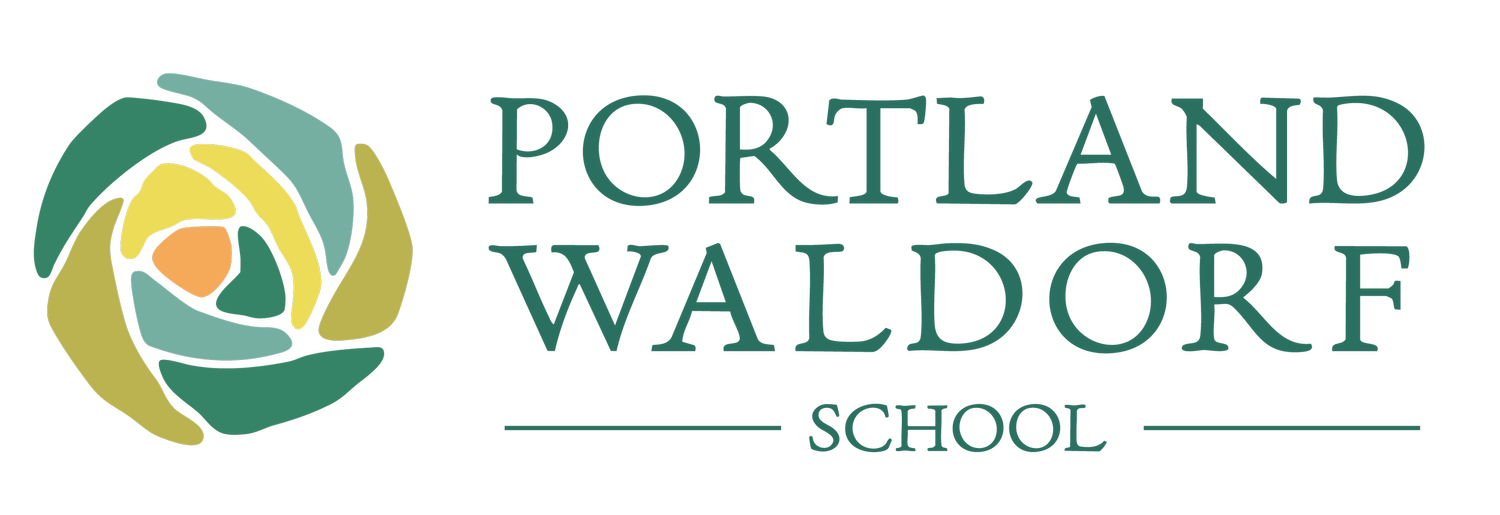Honoring Indigenous Peoples’ Day
By Lukas Schnieder, Grade 4 Class teacher
Nothing is more sacred to me than a deep understanding and appreciation of the natural world that surrounds us all, and that we carry inside of us. Yet experience of this natural world can so often be relegated to a few camping trips each year, or the occasional walk through the forest.
Over the summer, I had the unique opportunity and deep responsibility of learning about the Indigenous culture of our area in preparation for teaching local geography and history to grade 4 at PWS. The land on which PWS now sits originally was dwelled upon by the Clackamas people, a part of the greater Chinook culture, who lived in reciprocity with the land for thousands of years before colonizers arrived in the late 1700s. While in the hands of the Clackamas people, this land was a constant source of natural abundance, from the different seasonal salmon runs and berries that provided nourishment year-round, to the massive cedar trees which enabled people to build amazing plankhouse villages that could be used for generations.
As I researched more about the Chinook way of life, I was humbled. The Chinook/Clackamas recognize that while the land is a resource, it’s also a Being. As with any sentient being, our utmost reverence is required if we are to honor and sustain its life. Learning about things like the First Salmon Ceremony taught me this. The more I learned about Indigenous science, the more I sensed an imperative to teach my class about Indigenous peoples and the abundance of wisdom springing forth from their teachings. What a gift it would be to our broader culture and our current model of earth stewardship, which seems to place us as having dominion over our land, if we all took the time to listen to this wisdom? What if, like Indigenous wisdom asks us to, we were able to see ourselves as inter-being with the land? How then would we view damming our rivers, or drilling for fossil fuels, or killing an animal for only its fur or horns? If we came to realize that we are the natural world, and it is us, how might we view our current way of treating our fellow beings?
As many of us continue to be called upon to broaden our knowledge of how our world is, and what it could be, I am inspired to continue to learn all of the invaluable wisdom that Indigenous knowledge and science holds. As we honor all Indigenous cultures this Monday, I invite you all to do the same!


